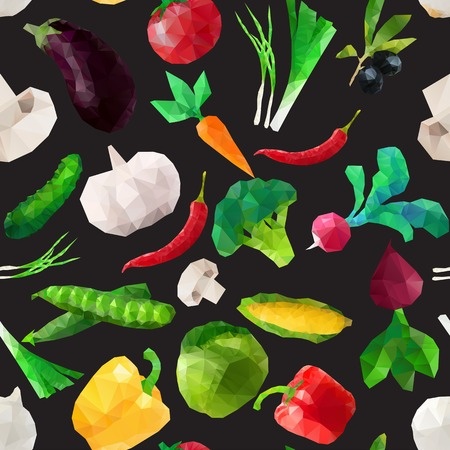 Though vegans and non-vegetarians will continue debating on whether including animal protein in a balanced dieting regimen is always healthier than subsisting exclusively on greens, some facts stand out. For instance, an individual who’s been consuming pure vegetarian fare for the last two decades will tend to outlive his or her non-vegetarian counterpart by nothing less than 4 years.
Though vegans and non-vegetarians will continue debating on whether including animal protein in a balanced dieting regimen is always healthier than subsisting exclusively on greens, some facts stand out. For instance, an individual who’s been consuming pure vegetarian fare for the last two decades will tend to outlive his or her non-vegetarian counterpart by nothing less than 4 years.
It follows from the above evidenced generalization that vegans are less prone to suffering from lifestyle diseases and health issues compared to consumers of dairy and/or red meats. So, opting out of a non-vegetarian dieting routine and consuming four square meals which are fully plant-based keep you in the pink of health and add to your years? Listed below are some of the benefits and drawbacks of sticking to a diet consisting entirely of veggies and fruits.
The Benefits
Vegetarian fare has the balanced mix of all nutrients
Contrary to popular belief, the miscellaneous variety of vegetables, fruits, nuts, pulses, whole grains, seeds, and beans are sufficient to meet the body’s requirements of the full range of nutrients. It is true that animal protein comprising different kinds of meats, milk, processed milk and dairy products can cater to the body’s everyday needs of certain specific amounts of nutrients. Plant-based foods and food items can equally fulfil some of the human body’s indispensable minerals and vitamins needs like vitamin D, vitamin B12, iron and zinc.
Delays and/or prevents the onset of several diseases and disorders
Maintaining a strictly vegan diet spells numerous health benefits and delays or prevents the premature onset of a range of cardiovascular diseases and some distinct forms of cancers. On the other hand, giving up animal protein-based foods and switching to meals prepared from veggies, fruits, nuts, and whole grains greatly minimises the risks of contracting lifestyle diseases or disorders.
Casein-the primary protein element in cow milk-can increasingly fuel the build-up of cholesterol in the bloodstream that can stoke the occurrence of cardiac attacks. Casein is also highly carcinogenic in nature that can promote cancer. Avoiding foods made from milk, variants of milk and animal protein resolve pain-oriented disorders like arthritis, migraine, and angina.
You prevent some species of fauna from getting extinct
It is common knowledge that if a large number of meat-eating individuals were to include more of vegan fares in their daily meals, the indiscriminate slaughtering of animals would’ve stopped considerably.
You also contribute to water conservation
Unlimited quantities of water are consumed in sustaining each and every level of the entire food chain. So, you can imagine the amount of water (which is used for rearing livestock) that can be conserved if a large majority of people turned vegan.
The Drawbacks
May not fulfil all your body’s nutritional needs
Of all the nutrients, your body indispensably needs amino acids, vitamin D, calcium, zinc, iron, and zinc-essential nutrients that can be easily sourced from mutton, chicken, fish, eggs, and dairy foods. Attempting to find plant-based health foods and food items that can adequately supply the abovementioned nutrients can be a tall order.
May lead to some serious deficiencies
Partially or completely eliminating dairy products and meats from one’s regular diet can hinder balanced growth of children as well as lead to minerals and vitamin-deficiency disorders in adults. Additionally, middle-aged and aged people turning vegans might have to put up with aggravated symptoms of arthritis, osteoporosis, Alzheimer’s and Parkinson’s disease.
Might cause animal overpopulation
One good reason why consumption of meat and dairy items is essential for human beings is to maintain the fauna balance at every stage of the food chain. Tinkering with the food chain might adversely affect the ecological environment of the planet.
Image credit: Julia Korchevska
